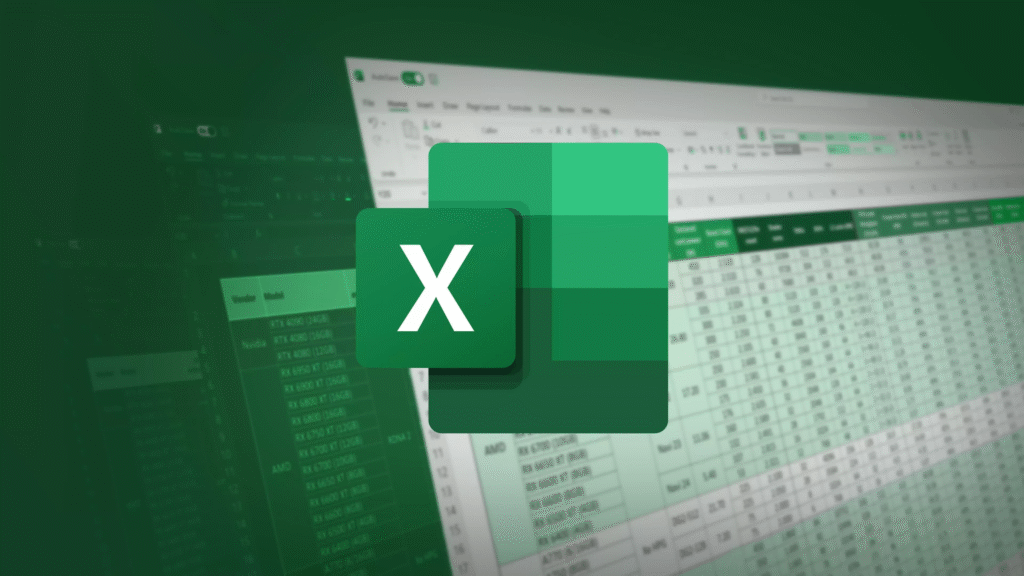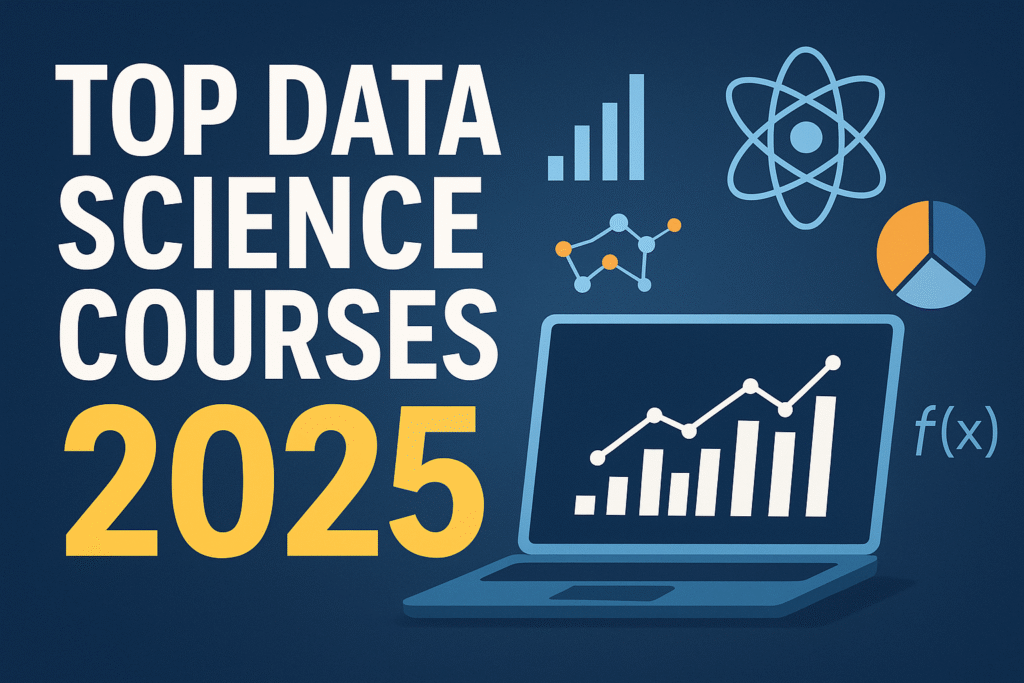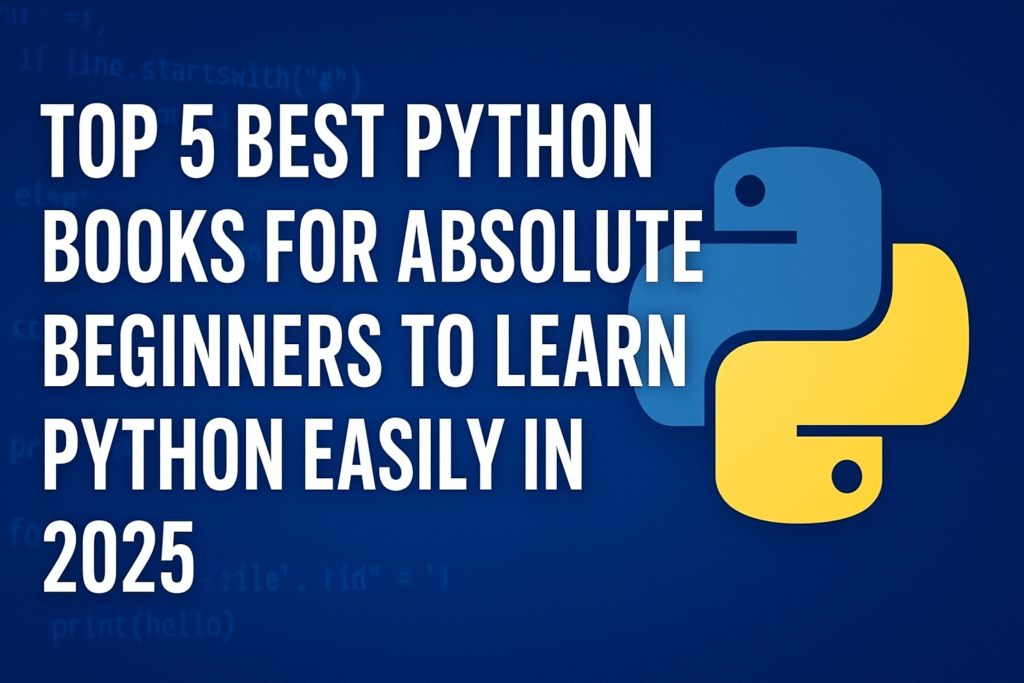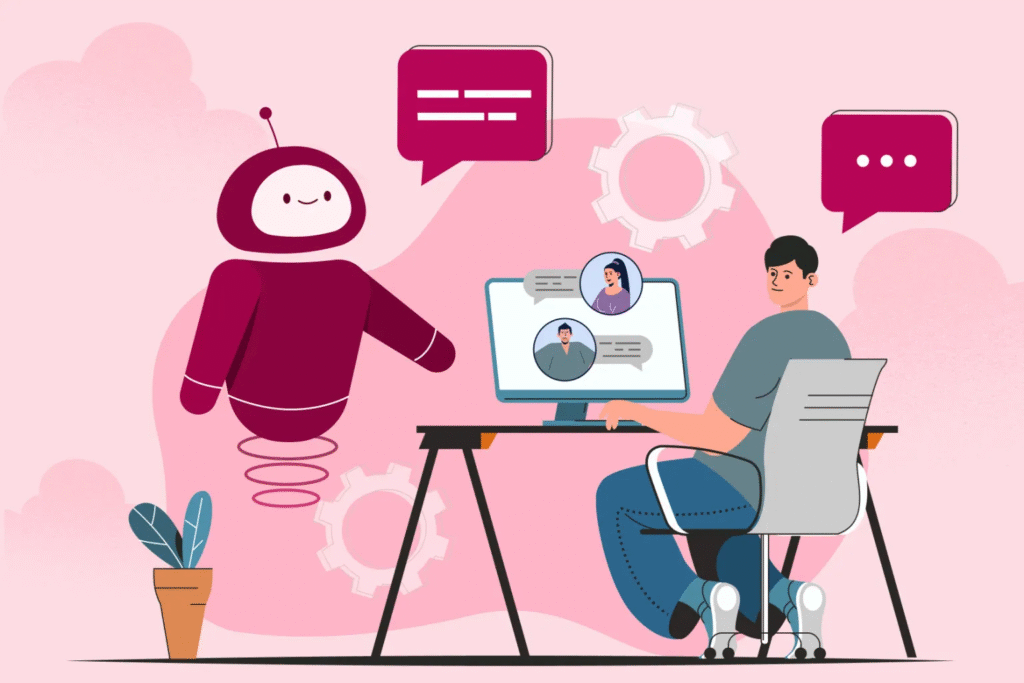
AI agents are transforming the way we work, automate tasks, and interact with technology. From chatbots and virtual assistants to autonomous research agents and workflow automation tools, AI agents are no longer futuristic, they are practical, accessible, and highly impactful today.
In this guide, we will walk you through a step-by-step roadmap to AI agent development, covering everything from the basics to advanced deployment strategies.
What Are AI Agents?
An artificial intelligence (AI) agent is a system that autonomously performs tasks by designing workflows with available tools.
An AI Agent is a system that perceives its environment, processes information, makes decisions, and takes actions to achieve a goal.
Key components of AI agents include:
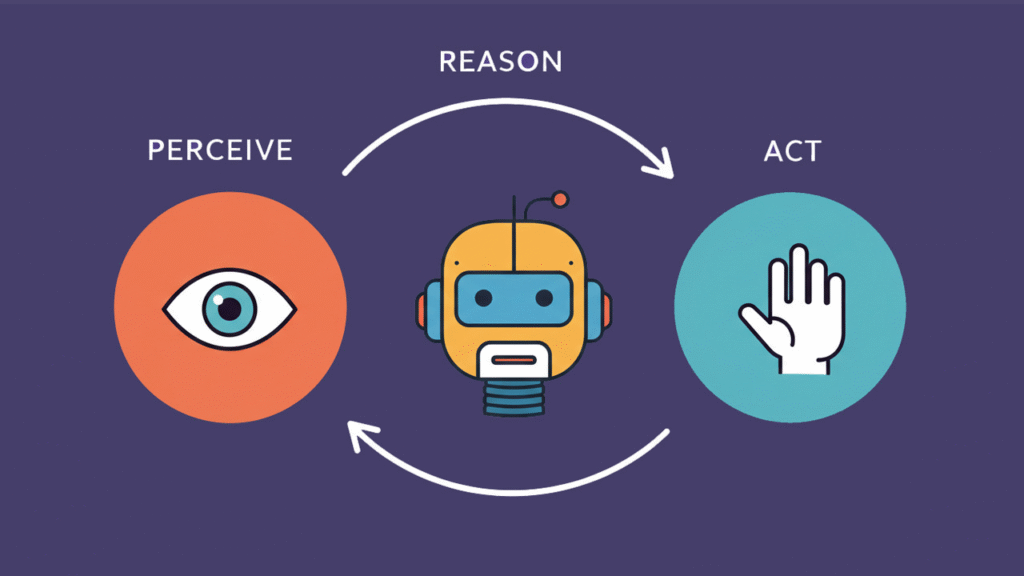
Perception (Input): Collecting data such as text, voice, sensors, or APIs.
Reasoning (Processing): Making decisions using AI models, rules, or machine learning.
Action (Output): Executing tasks like replying, searching, or running code.
Examples include ChatGPT-powered bots, financial trading agents, task automation bots, and healthcare assistants.
Step 1: Learn the Foundations of AI Agents
Before building, you need a solid foundation.
Core skills for AI agent development:
#Programming Language: Python (most popular for AI).
#Machine Learning Basics: Supervised, unsupervised, and reinforcement learning.
#Natural Language Processing (NLP): Understanding human-like text and speech.
#APIs and Integrations: Connecting agents with external services.
Recommended tools:
#LangChain for AI agent orchestration
#LlamaIndex for knowledge-based agents
#OpenAI API or HuggingFace Models for pre-trained LLMs
#FastAPI or Flask for deploying agents as APIs
Step 2: Build Your First Simple AI Agent
Start with basic, rule-based or single-task agents to understand workflows.
Example Projects:
Weather Agent: Takes a location, fetches weather via API, explains results.
FAQ Chatbot: Answers customer queries using a dataset or knowledge base.
Focus on the input → processing → output pipeline.
Step 3: Upgrade to Intelligent Agents with Memory and Planning
Make your AI agents smarter by adding:
Memory: Store and recall user interactions (short-term and long-term).
Planning: Break complex goals into smaller actionable steps.
Tool Usage: Allow the agent to use external services like APIs, SQL, or file reading.
Example Project:
Research Agent: Given a topic, it searches online, summarizes findings, and presents a structured report.
Step 4: Create Multi-Agent and Autonomous Systems
Experiment with collaboration and autonomy:
Multi-Agent Systems: Assign specialized roles such as researcher, writer, or reviewer.
Autonomous Agents: Self-driven agents like AutoGPT or BabyAGI that run until goals are achieved.
Safety Nets: Prevent infinite loops, errors, and uncontrolled outputs.
Example Project:
Financial Analyst Agent: Monitors stock prices, applies ML predictions, and suggests actions.
Step 5: Deploy and Scale AI Agents
To move from local development to real-world applications:
Use APIs and web frameworks such as FastAPI or Flask.
Deploy on cloud platforms such as AWS, GCP, or Azure.
Add monitoring and logging for performance tracking.
Secure your agents with rate limits, sandboxing, and compliance checks.
Example: Deploy a customer support AI agent on your website.
Future of AI Agents: What to Learn Next

To stay ahead in AI agent development, focus on:
#Reinforcement Learning Agents that learn through trial and error.
#Multi-Modal Agents capable of handling text, images, and speech.
#Vector Databases like Pinecone, Weaviate, or FAISS for knowledge storage.
#Responsible AI Development with bias reduction, explainability, and safe deployment.
#Your Practical AI Agent Development Roadmap
#Learn AI Agent Fundamentals (Python, ML, APIs)
#Build Simple Agents (chatbots, weather bots)
#Add Intelligence (memory, planning, reasoning)
#Experiment with Multi-Agent Systems (AutoGPT-style projects)
#Deploy in the Real World (APIs, cloud, production-level systems)
By following this roadmap, you can go from beginner to advanced AI agent developer and create powerful applications that solve real-world problems.
Final Thoughts:
AI agents are not just hype, they are practical tools reshaping industries. With the right roadmap, you can design, build, and deploy AI agents that automate workflows, improve decision-making, and enhance user experiences.
Start small, scale gradually, and focus on real-world use cases that bring value.
Your Author : Sneha Pujari (Data Scientist/Automation Expert with 8+ Years of experience) | Published: September 2025
